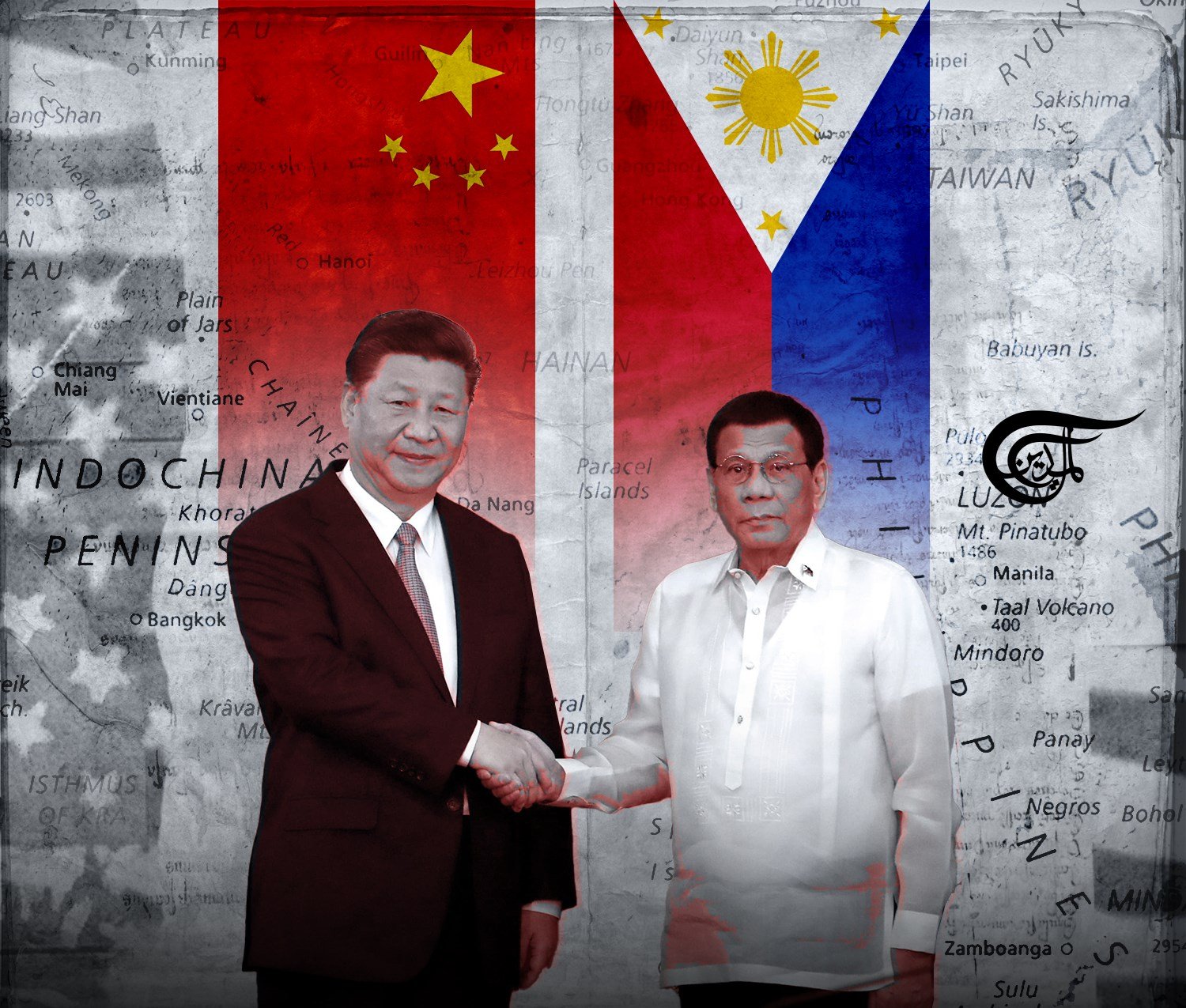The case against US interference in the South China Sea
The US is exerting great effort in stoking problems in the South China Sea, specifically between China and the Philippines, and is keen on subverting the rules-based order in the region, which also means setting up artificial barriers to maritime peacebuilding between Beijing and Manila.
-

Manila and Beijing’s relations are marked by sound diplomatic resilience, which is reflected in the preference to resolve maritime issues through consultation and dialogue.
Resource-rich South China Sea continues to serve as the target of Washington’s hegemonic ambitions. It is home to a range of uninhabited islands, many of which have been the focus of US foreign policy as it looks to court Southeast Asian powers and pit them against China.
In a telling illustration, Washington’s defense and intelligence partners have been pushing Manila to politicize maritime concerns in the South China Sea, and effectively serve US posturing against Beijing. But this brand of interference has its limits as Washington is not a party to key maritime consultation arrangements between Beijing and the Association of Southeast Asian Nations (ASEAN), and remains unqualified to impose any “rules-based” order by using the Philippines as a pawn.
Look to the Philippines defense ministry’s order to step-up military presence in the South China Sea. This decision was taken on the heels of unfounded Western allegations that Beijing was constructing unoccupied land features in the sea. “We [the Philippines] strongly urge China to uphold the prevailing rules-based international order and refrain from acts that will exacerbate tensions,” alleged the Ministry in what was seen as a nod of approval by some in Washington.
But make no mistake. Underneath Manila’s heightened sense of vigilance is blatant US meddling in the South China Sea. Washington has been campaigning hard to drive a wedge between Beijing, Manila, and other regional powers for quite some time, and a November visit by Vice President Kamala Harris built on that agenda. More tellingly, Manila’s misled China narrative is informed by false Western allegations of Chinese construction on uninhabited islands. All this makes Washington’s politicization of the South China Sea issue clear as day.
Deliberately distorting China’s adherence to a 2002 maritime consensus with ASEAN is bound to end in futility. Consider the fact that all parties in Southeast Asia remain ironclad in their commitment to refrain from acting on uninhabited islands and reefs in the Sea, and that consensus carries on to this day. This understanding is also at the core of the 2002 Declaration on the Conduct of Parties in the South China Sea, widely seen as a pillar of maritime de-escalation between China and its neighbors. Now, given the weight of US disinformation on Manila’s hawkish maritime narrative, it is in the interests of the latter to push back against such falsehoods, and prioritize friendly maritime consultations with China for regional peace. A resource-rich region that is vital to serving trillions in global trade deserves that sense of stability. Tacit support for divisive US maritime designs deserves to be called out.
Interestingly, Manila’s impulse to step-up military presence in the South China Sea is not only an odd look for credible de-escalation. It is also a firm reminder about why US maritime interference needs to be set aside and resisted in the region from the outset. Take Washington as a case in point. It has not acceded to the UN Convention on the Law of the Sea, has no legitimate stakes in maritime consultations between relevant parties, and is keen to subvert existing rules of engagement “in the South China Sea” without taking responsibility. And yet, it is US disinformation against China that has brought Manila into a relatively uncomfortable position on the maritime front. But history reminds us that a more favorable balance for peace has ultimately prevailed in the eyes of Manila, effectively weakening US designs to stoke maritime tensions with China.
Understand that Manila and Beijing’s relations are marked by sound diplomatic resilience. It reflects in the preference to resolve maritime issues through consultation and dialogue. The virtual absence of such strong points from U.S. media and official discourse sends a powerful message about U.S. intent to downplay the China-Philippines relationship as a whole.
For instance, taking exception to diplomatic strong points allows Washington to push for discord between the two partners, even as they look to further consolidate their friendship with a key presidential visit to China on the cards. An overall healthy bilateral trajectory challenges the credibility of Washington’s anti-China invectives over the South China Sea. It also exposes the limits of exploiting Manila for America’s own geopolitical advantage.
Similarly, the US is keen to create an opportunity that pushes its alternative “rules-based” order model onto Asia. It is a recipe to subvert shared maritime governance in the region, which thrives on consensus between relevant parties and never on the back of external aggressors. For the US, promoting subversion also means setting up artificial barriers to maritime peacebuilding between Beijing and Manila. Look no further than a US State Department press release this week, which removes all doubt.
As a result, the Philippines will be well-advised to gauge the temperature of US interference, and give paramount importance to the 2002 China-ASEAN consensus on de-escalation in the South China Sea.
Meanwhile, Washington appears determined to stare down the barrel, but persistent attempts to stoke tensions in the South China Sea will suffer the same ominous fate as they have in the past.

 Hannan Hussain
Hannan Hussain
 5 Min Read
5 Min Read











